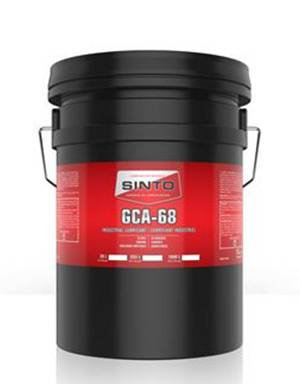Nov . 11, 2024 14:41 Back to list
plastic water pipe fittings
The Importance of Plastic Water Pipe Fittings Advantages and Applications
Plastic water pipe fittings have become increasingly popular in various plumbing applications due to their unique benefits and versatility. As municipalities and industries focus on sustainable and cost-effective solutions, plastic fittings provide a modern alternative to traditional materials like metal. Understanding the advantages and various applications of plastic water pipe fittings can help consumers and professionals make informed decisions when planning plumbing projects.
Advantages of Plastic Water Pipe Fittings
1. Corrosion Resistance One of the primary advantages of plastic fittings is their resistance to corrosion. Unlike metal fittings, which can rust and degrade over time when exposed to moisture, plastic fittings maintain their integrity regardless of environmental conditions. This property is particularly beneficial in areas with high humidity or where water quality may be a concern.
2. Low Weight Plastic water pipe fittings are significantly lighter than their metal counterparts. This characteristic makes them easier to handle, transport, and install, reducing labor costs and the time required for installation. Furthermore, their lighter weight can lead to cost savings in shipping and storage.
3. Ease of Installation The installation of plastic fittings typically does not require specialized tools or extensive training. Many plastic fittings come with simple push-fit mechanisms, making them user-friendly even for DIY enthusiasts. This ease of use contributes to a reduction in labor costs and project timelines.
4. Cost-Effectiveness Plastic fittings are generally more affordable upfront compared to metal fittings. Additionally, the long lifespan and low maintenance costs associated with plastic materials further enhance their cost-effectiveness, making them an attractive option for both residential and commercial applications.
5. Environmental Impact With a growing emphasis on sustainability, many manufacturers have begun producing plastic fittings from recycled materials. Additionally, plastic fittings are fully recyclable at the end of their life cycle, presenting a more sustainable option compared to traditional materials that may contribute to environmental waste.
Applications of Plastic Water Pipe Fittings
plastic water pipe fittings

Plastic water pipe fittings are used across a myriad of applications, making them a versatile choice for plumbing and industrial needs
- Residential Plumbing Plastic fittings are widely utilized in residential plumbing systems for water supply lines, drainage, and waste systems. Their resistance to scaling and corrosion makes them ideal for hot and cold water applications.
- Agricultural Systems In agriculture, plastic fittings are commonly used in irrigation systems. They can withstand various chemicals and fertilizers without degrading, making them suitable for agricultural settings.
- Industrial Use Industries that require a reliable piping system, such as chemical processing, food and beverage, and pharmaceutical sectors, often employ plastic fittings for their chemical resistance and ease of maintenance.
- HVAC Applications Plastic fittings are also used in heating and cooling systems. Their lightweight and corrosion-resistant properties ensure that HVAC installations are durable and efficient over extended periods.
- Aquariums and Pools For aquaculture and pool construction, plastic water fittings provide a safe and non-reactive solution. This ensures that water quality remains unaffected, benefiting aquatic life and pool systems alike.
Conclusion
In conclusion, plastic water pipe fittings offer numerous advantages, including corrosion resistance, lower weight, ease of installation, cost-effectiveness, and a positive environmental impact. Their wide range of applications across residential, agricultural, industrial, HVAC, and recreational sectors highlights their versatility and importance in modern plumbing systems. As more individuals and organizations seek sustainable and efficient plumbing solutions, plastic fittings will undoubtedly play a crucial role in shaping the future of water management and infrastructure.
-
Durable Glossy PVC Rigid Sheet | Premium High-Shine Panels
NewsAug.26,2025
-
Durable PP Rigid Sheet: Lightweight, Chemical Resistant Solutions
NewsAug.21,2025
-
PVC Grey Sheet for Extraction: Chemical Resistant & Durable
NewsAug.19,2025
-
Durable PVC Pipe Fittings for Plumbing & Irrigation Needs
NewsAug.18,2025
-
HDPE Steel Belt Reinforced Spiral Corrugated Pipe | High Strength
NewsAug.17,2025
-
HDPE Pipe Fittings: Durable, Leak-Proof Solutions
NewsAug.16,2025

